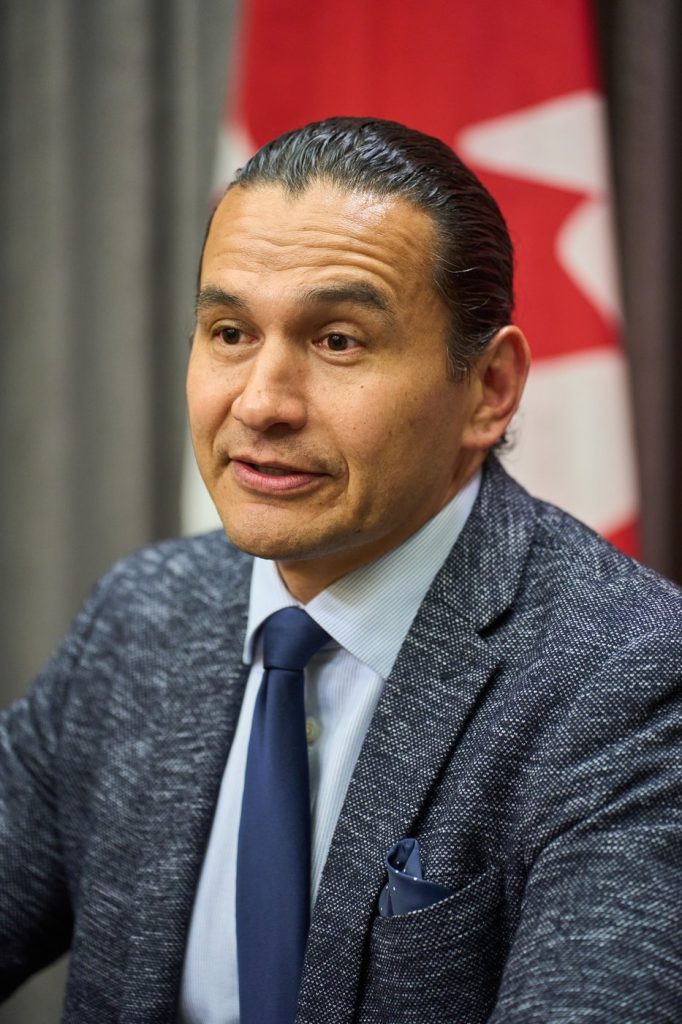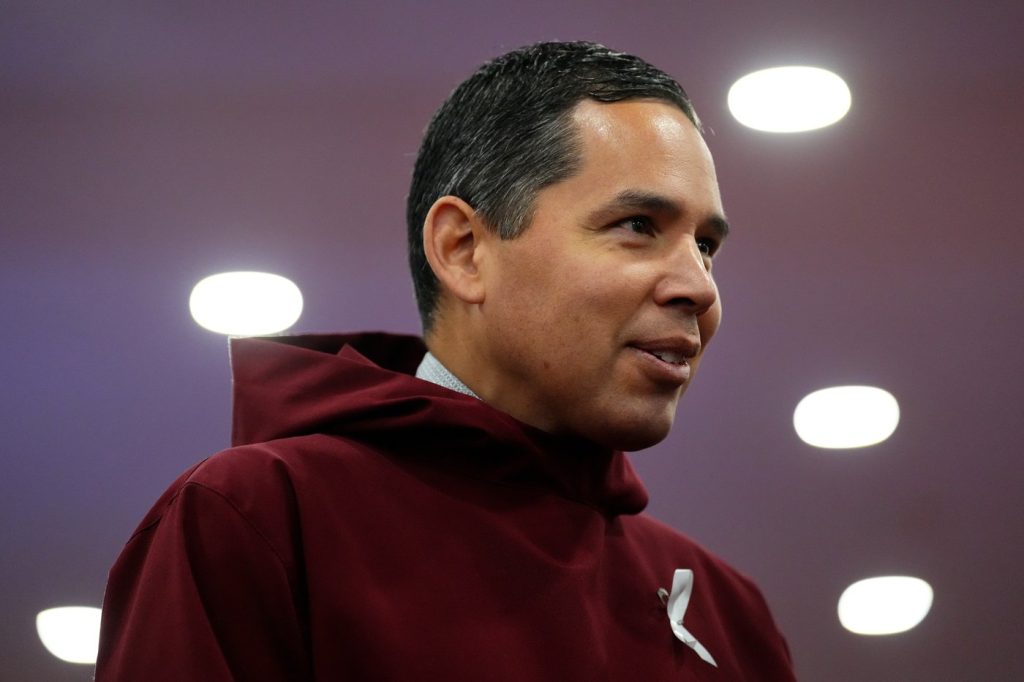In light of the intensifying Israel-Iran conflict and the subsequent surge in oil prices, leaders of the G7 nations, excluding U.S. President Donald Trump who departed early, convened in Alberta, Canada, on Tuesday. The agenda focused on global energy security, with discussions aimed at addressing the challenges posed by current geopolitical tensions.
The summit brought together leaders from the United States, France, the United Kingdom, Germany, Japan, Italy, and the European Union, along with representatives from several non-member countries. Canadian Prime Minister Mark Carney emphasized the importance of unity in tackling energy security challenges and exploring advancements in new technologies, including information technology, artificial intelligence, and quantum computing. "Canada is your partner in all these aspects and we are stronger together," Carney stated.
Prime Minister Carney's election campaign highlighted a commitment to accelerate infrastructure development, particularly in the energy sector. His proposed legislation, Bill C-5, aims to streamline the approval process for significant industrial projects, including pipelines, mines, and ports. The legislation would empower the federal cabinet to bypass certain statutory requirements to advance projects deemed in the national interest. The Canadian government anticipates passing the bill through the Commons by Friday, which marks the last sitting day before the summer break.
Smith: 'We need to have new markets'
In an uncommon display of bipartisan collaboration, the conservative premiers of Alberta and Saskatchewan have expressed support for Bill C-5, viewing it as a vital step towards enhancing energy security and attracting foreign investment to Canada. Alberta Premier Danielle Smith remarked, "The longer we go without having a true nation-building approach in Canada, the more people will revert to the habits that it’s just easier to sell north-south. If we really want to build a nation and be strong, we need to have new markets." Saskatchewan Premier Scott Moe echoed this sentiment, advocating for a long-term commitment to improving the regulatory environment, emphasizing its benefits for Canadians and global interests alike.
However, the bill has faced significant criticism from various quarters, including multiple Members of Parliament, a Canadian Senator, and Elizabeth May, leader of the Green Party. Critics argue that Bill C-5 is being hastily expedited through Parliament without adequate consideration. Several First Nations representatives have voiced concerns, asserting that the bill poses a threat to their Treaty rights. Grand Chief Greg Desjarlais of the Confederacy of Treaty Six First Nations highlighted the lack of consultation, stating, "This document was only given to us days ago. And we need to consult with our Elders and the people of this land, because this affects us, the environment, the land, the waters."
Political scientist Greg Anderson from the University of Alberta acknowledged the timeliness of the discussions around energy, noting the heightened anxiety due to the situation in the Middle East. He mentioned the potential for Iran to disrupt oil shipping routes through the Strait of Hormuz, which could lead to an immediate spike in oil prices and widespread uncertainty in global markets. Despite these pressing issues, questions remain regarding the feasibility of new pipeline projects, many of which could take years or even decades to realize.
As this situation develops, all eyes will be on Prime Minister Carney in the upcoming weeks as he outlines the specific projects he wishes to prioritize for expedited approval.












